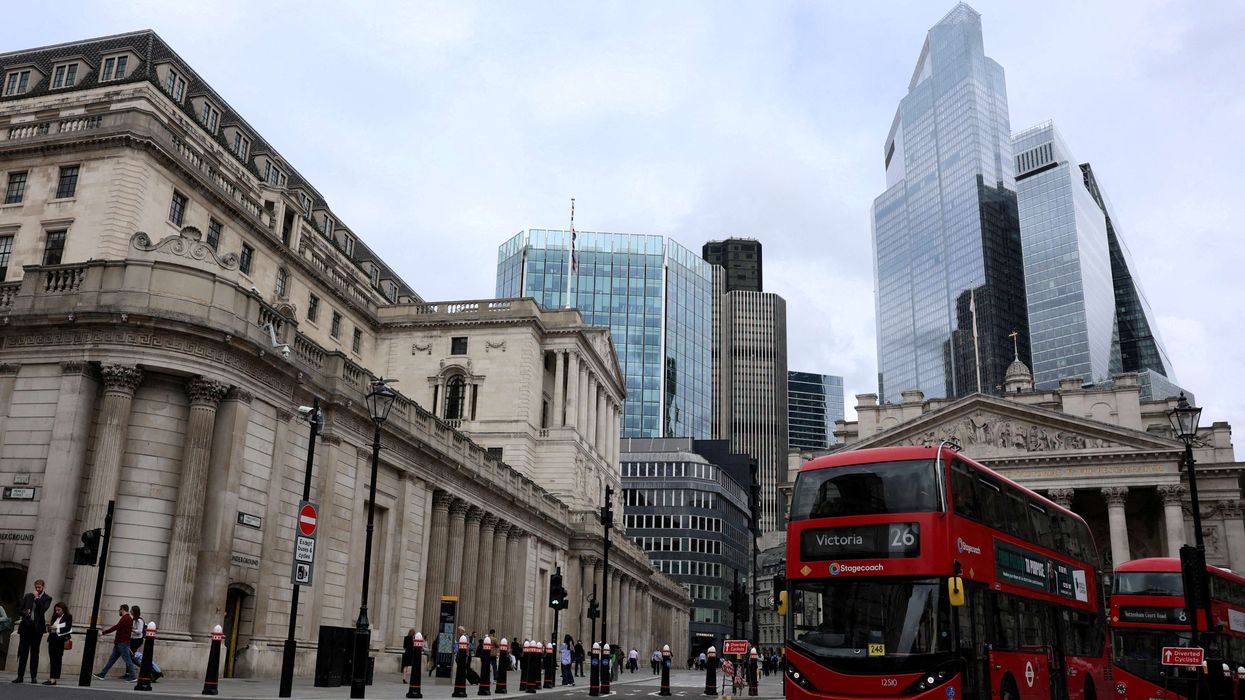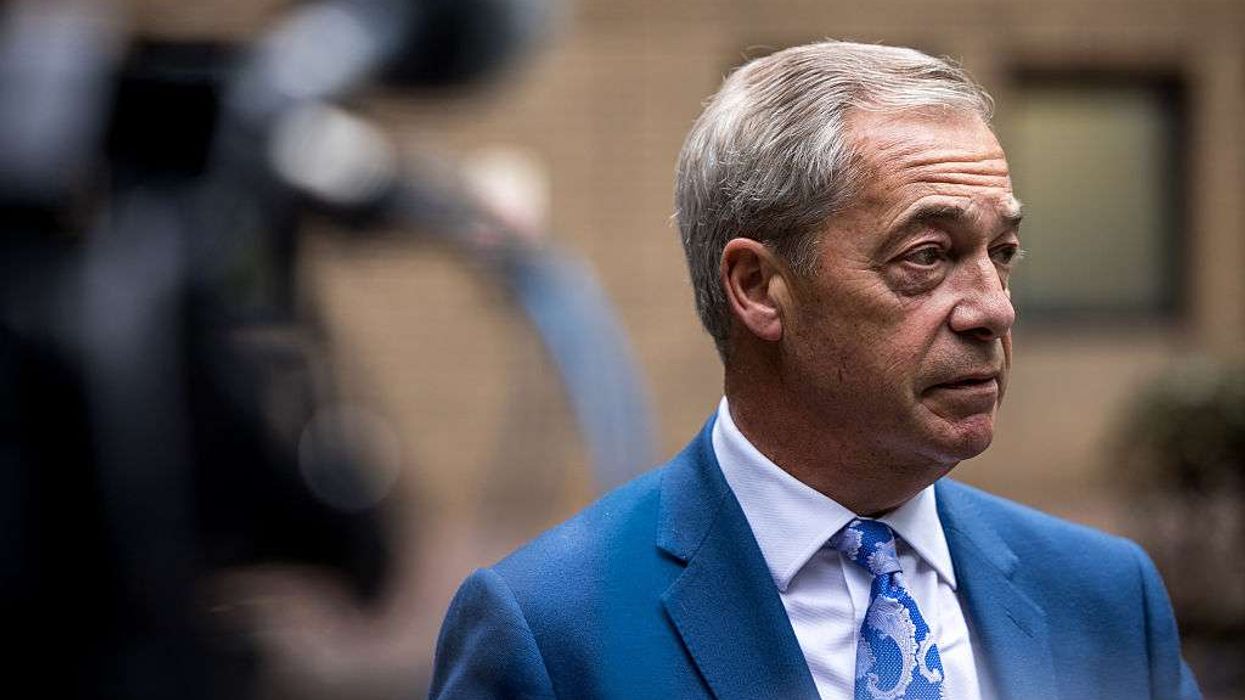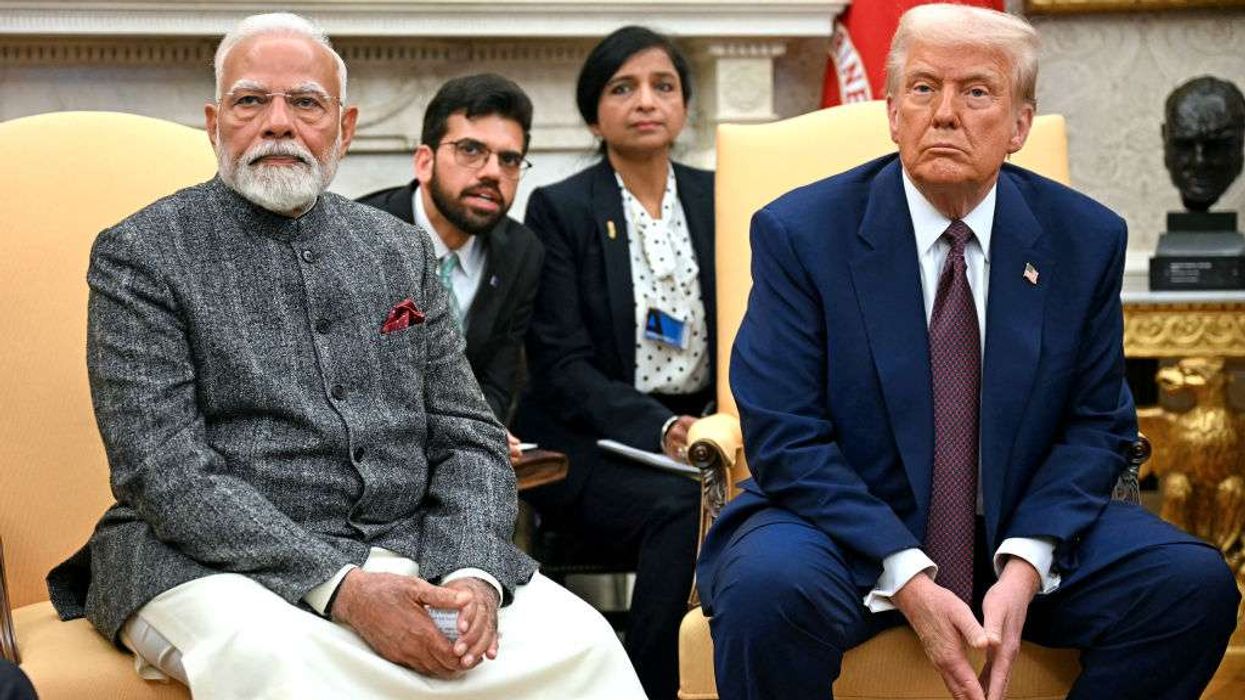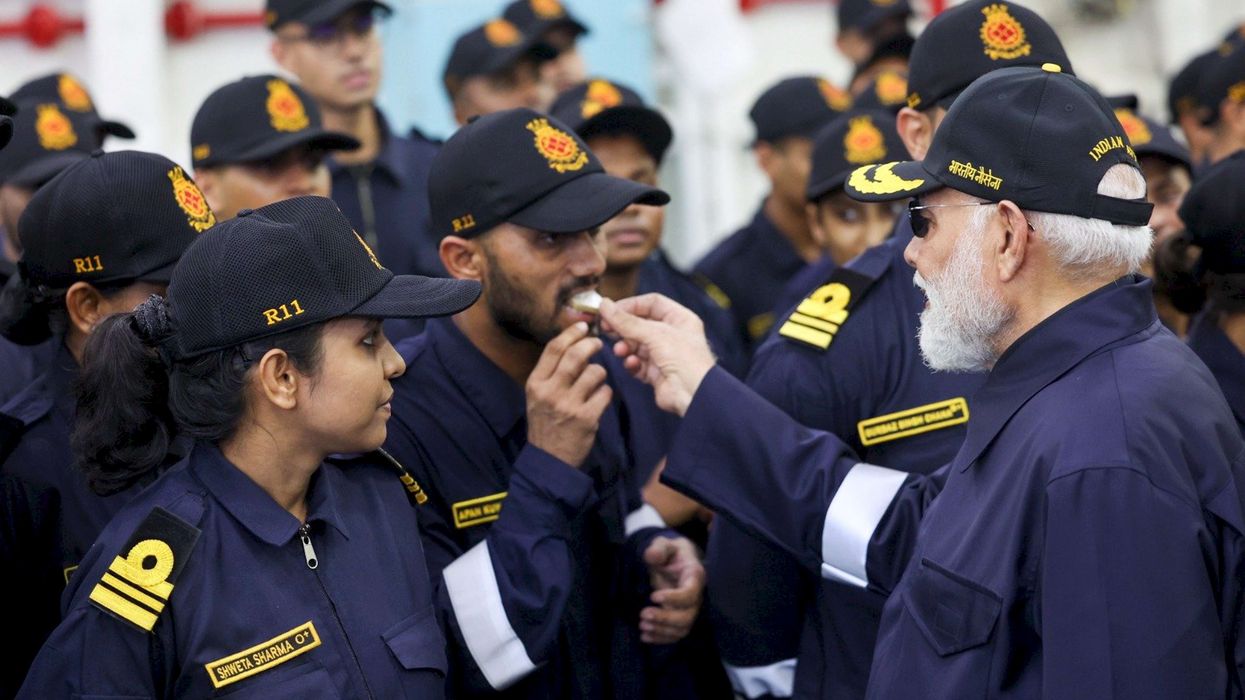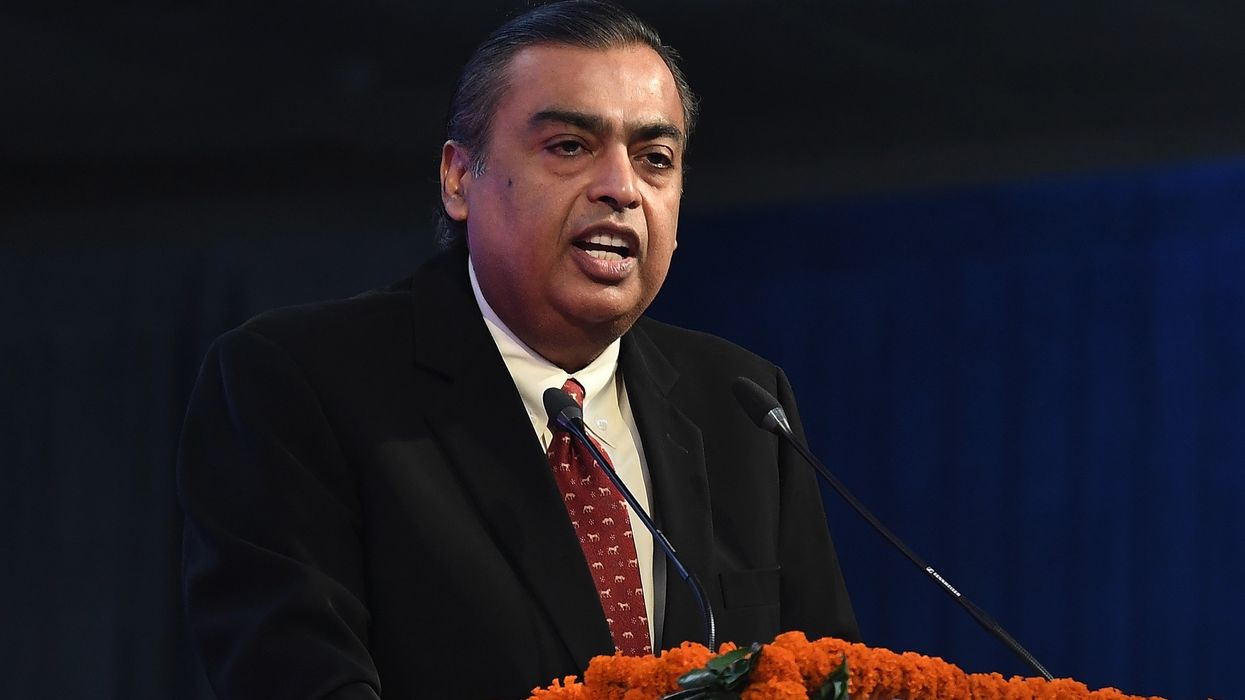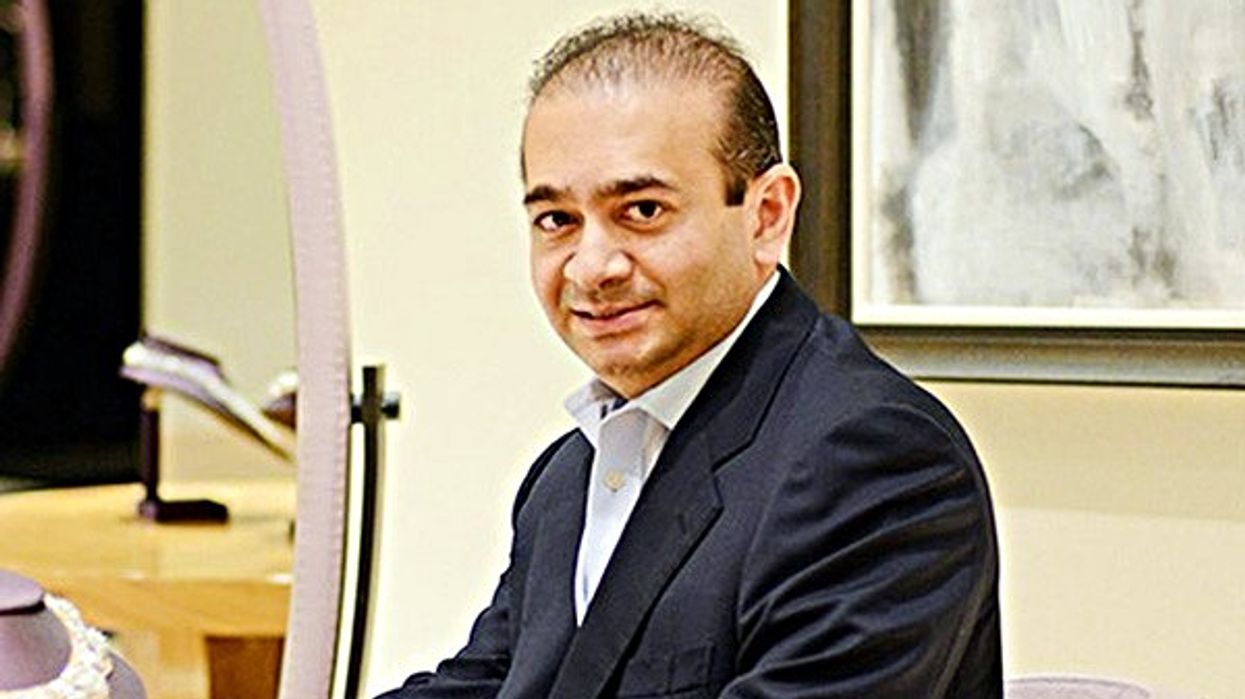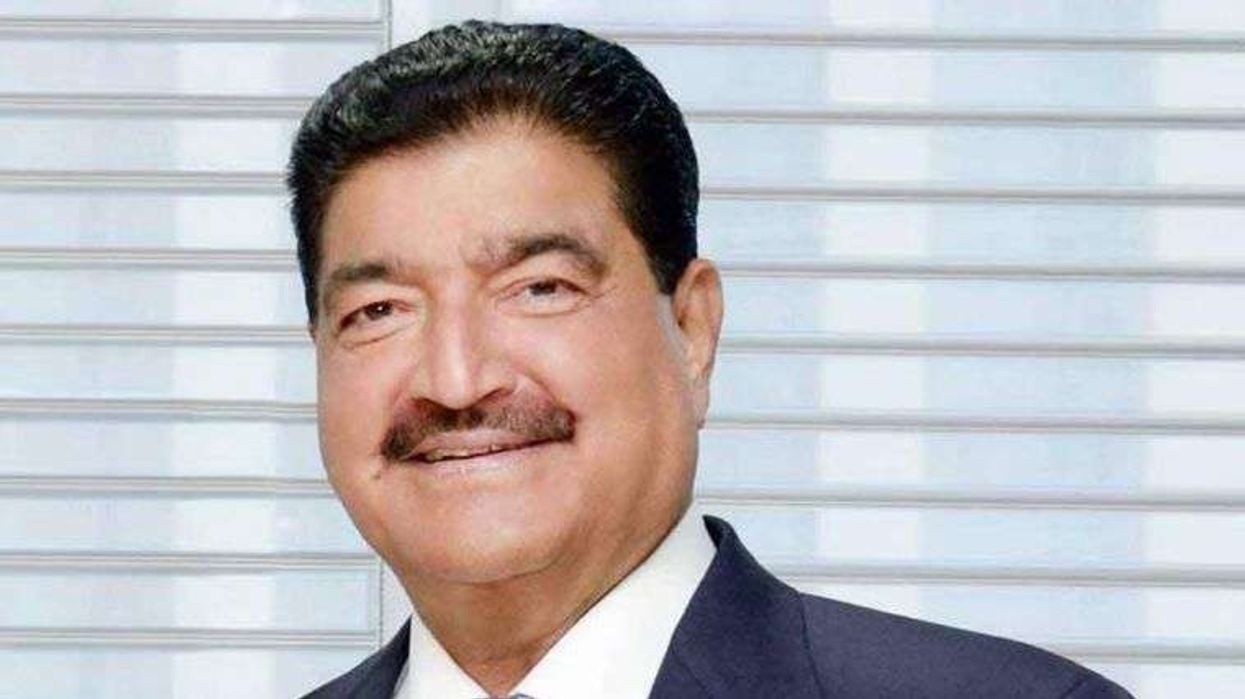Highlights:
- Debt interest payments rose to £9.7bn, up £3.8bn from a year earlier.
- Borrowing for the first six months of the financial year hit £99.8bn.
- Public sector debt now stands at around 95.3% of GDP.
UK GOVERNMENT borrowing in September reached £20.2bn, the highest September total in five years, the Office for National Statistics (ONS) said.
That was up £1.6bn from September last year. Higher debt interest payments offset increased receipts from taxes and national insurance, the ONS said.
Borrowing over the first six months of the financial year stood at £99.8bn, up £11.5bn from the same period last year.
September’s figure was slightly below some analysts’ expectations of £20.8bn but just above the Office for Budget Responsibility’s March projection of £20.1bn.
The government paid £9.7bn in debt interest in September, up £3.8bn from a year earlier. Public sector debt is estimated at 95.3% of GDP.
Capital Economics chief economist Paul Dales told the BBC’s Today programme the chancellor would "love tax receipts to be higher" but that it would depend on faster growth in the economy.
Capital Economics projects the government will need to raise £27bn in the Budget, with "higher taxes on households having to do the heavy lifting". Chief Secretary to the Treasury James Murray said the government would "never play fast and loose with the public finances" and aims to reduce borrowing to cut "costly debt interest, instead putting that money into our NHS, schools and police".
Shadow chancellor Mel Stride said borrowing was "soaring under this Labour government" and that "Rachel Reeves has lost control of the public finances and the next generation are being saddled with Labour's debts."
